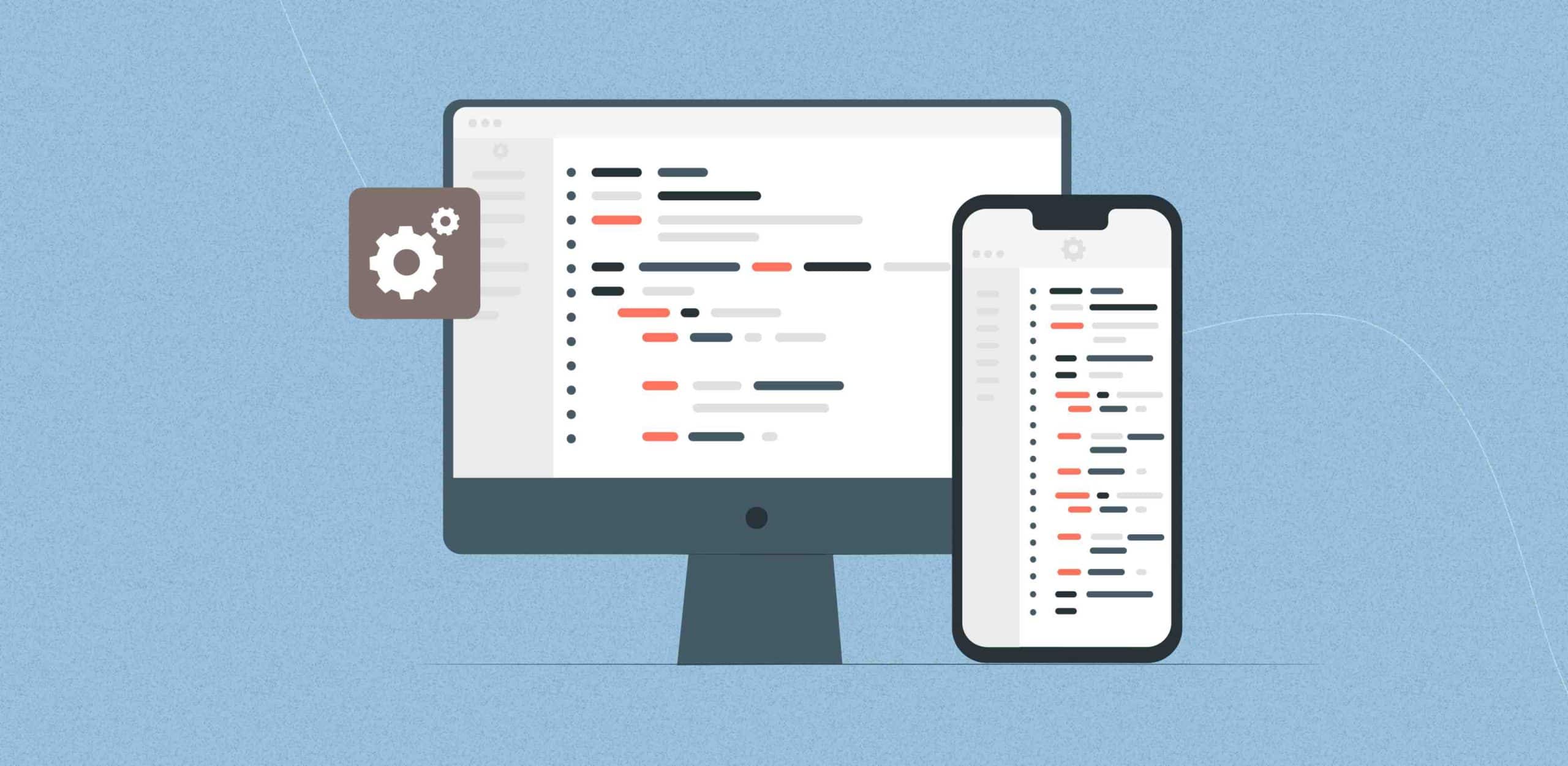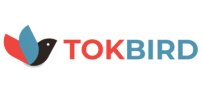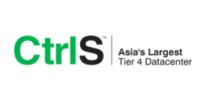elearning app development has become a crucial aspect in today’s rapidly evolving digital landscape. With the growing need for remote learning solutions, businesses across various sectors are realizing the significance of investing in elearning app development. Whether you are an educational institution, a corporate organization, or an individual entrepreneur, having a powerful elearning app can completely transform the way you deliver education and training.
In this blog, we will delve into the top trends in elearning app development that are currently shaping the industry. Additionally, we will highlight the importance of collaborating with a reputable elearning app development company to ensure the success of your elearning initiatives.
What is elearning app development and how is it important for your business?
elearning app development refers to the process of creating applications that facilitate online learning and training experiences. These apps provide a platform for delivering educational content, conducting assessments, and fostering interactive learning environments. The importance of elearning app development for your business lies in its ability to:
Expand your reach and accessibility to learners worldwide: With an elearning app, you can break the barriers of geographical limitations and reach learners from across the globe. Traditional classroom-based learning is confined to a specific location, but elearning apps enable learners to access educational content anytime and anywhere. Whether they are located in remote areas or have scheduling constraints, learners can conveniently engage with your courses and materials, expanding your reach and impact.
Provide flexible and self-paced learning experiences: One of the key advantages of elearning apps is the flexibility they offer to learners. Traditional classroom settings often follow rigid schedules, making it challenging for individuals to balance their personal and professional commitments. However, elearning apps empower learners to take control of their learning journey. They can choose when and where to study, allowing them to learn at their own pace and convenience. This flexibility accommodates different learning styles and preferences, leading to improved engagement and knowledge retention.
Enhance learner engagement and interactivity: elearning apps introduce interactive elements that promote engagement and active participation. Through multimedia content, gamification features, quizzes, and interactive assessments, learners are immersed in an interactive learning experience. These engaging elements capture learners’ attention, stimulate their interest, and make the learning process enjoyable. By incorporating interactive features, elearning apps can create a dynamic and stimulating learning environment that fosters higher engagement and knowledge absorption.
Deliver personalized and adaptive learning pathways: Every learner has unique strengths, weaknesses, and learning preferences. elearning apps leverage technology to deliver personalized and adaptive learning pathways. By analyzing learner data, such as performance, progress, and preferences, these apps can recommend specific courses, modules, or activities that align with the individual’s needs and goals. Personalized learning pathways cater to learners’ specific requirements, ensuring that they receive the most relevant and impactful content, leading to a more effective learning experience.
Track and analyze learner progress and performance: elearning apps provide robust tracking and analytics capabilities, enabling instructors and administrators to monitor learner progress, performance, and engagement. Through comprehensive analytics dashboards, educators can gain insights into learner behavior, identify areas of improvement, and make data-driven decisions to enhance the effectiveness of their courses. By tracking learner data, elearning apps facilitate personalized feedback, timely interventions, and targeted support, ultimately leading to improved learner outcomes.
Contact us now to discuss your elearning app development needs.
What are the top trends in elearning App Development?
- Mobile Learning (mLearning) and Responsive Design: With the widespread use of smartphones, elearning apps are increasingly optimized for mobile devices, ensuring seamless learning experiences on the go.
- Gamification for Engaging Learning Experiences: Gamification elements such as points, badges, and leaderboards are incorporated into elearning apps to motivate learners and increase their participation.
- Artificial Intelligence (AI) and Machine Learning (ML): AI and ML technologies are leveraged to personalize learning experiences, provide intelligent recommendations, and automated assessments.
- Virtual Reality (VR) and Augmented Reality (AR): Immersive technologies like VR and AR are used to create interactive and realistic simulations, enhancing experiential learning.
- Microlearning for Bite-sized Content Delivery: Microlearning breaks down content into small, digestible modules, making it easier for learners to consume and retain information.
- Social Learning and Collaboration Tools: elearning apps integrate social learning features, allowing learners to connect, collaborate, and engage in discussions with peers and instructors.
- Personalization and Adaptive Learning Algorithms: Adaptive learning algorithms analyze learner data and behavior to deliver personalized content and recommendations based on individual needs and preferences.
- Data Analytics for Personalized Insights and Assessments: Advanced analytics tools provide actionable insights into learner progress, enabling instructors to tailor their teaching methods and assessments accordingly.
- Integration of Interactive Assessments and Quizzes: Interactive assessments, quizzes, and simulations enhance learner engagement and provide immediate feedback, fostering a more interactive learning experience.
- Seamless Content Management Systems (CMS): Content management systems enable easy organization, updating, and delivery of learning materials, ensuring a smooth learning experience for both instructors and learners.
Why do you need an elearning App Development Company for your business?
Partnering with an elearning app development company offers several advantages:
- Technical Expertise and Experience: Professional development teams possess the necessary skills and knowledge to create robust and feature-rich elearning apps.
- Customization and Scalability: An elearning app development company can tailor the app to meet your specific requirements and scale it as your business grows.
- User-Centric Design and User Experience (UX): Companies prioritize user-centric design, creating intuitive and engaging interfaces that enhance the learning experience.
- Integration with Learning Management Systems (LMS): Seamless integration with popular learning management systems ensures smooth data exchange and comprehensive learning experiences.
- Quality Assurance and Testing: Development companies follow rigorous testing methodologies to deliver bug-free and stable elearning apps.
- Security and Privacy Considerations: Companies implement stringent security measures to protect sensitive learner data and ensure privacy compliance.
- Ongoing Maintenance and Support: A reputable elearning app development company provides post-launch support, regular updates, and bug fixes to ensure the app’s smooth operation.
Conclusion
Incorporating the top elearning app development trends into your educational or training initiatives can take your business to new heights. To implement or custom develop a cutting-edge elearning app solution, partner with a leading elearning app development company in India. Their expertise, experience, and commitment to delivering high-quality eLearning apps will empower you to engage learners effectively, drive knowledge retention, and achieve your business goals. Contact us today to discuss your elearning app development requirements and embark on an exciting digital learning journey.
Partner with us for custom software development!
F. A. Q.
Do you have additional questions?
Why is data security crucial in healthcare software development?
Data security is vital in healthcare software development because it ensures the protection of sensitive patient information. Patient confidentiality, regulatory compliance, and safeguarding against cyber threats are critical considerations in the healthcare industry. Custom healthcare software development incorporates robust security measures, such as data encryption, authentication protocols, and access controls, to ensure that patient data remains secure and confidential.
How does custom healthcare software development address regulatory compliance?
Custom healthcare software development considers regulatory standards such as HIPAA and GDPR. By tailoring software solutions to specific compliance requirements, custom development reduces the risk of legal issues and penalties. Developers can integrate features like data encryption, consent management, audit logs, and role-based access controls to meet regulatory guidelines and ensure compliance throughout the software development process.
What advantages does outsourcing healthcare software development offer?
Outsourcing healthcare software development provides several advantages for healthcare organizations. Firstly, it grants access to expertise from experienced software developers specializing in healthcare solutions. Secondly, it is cost-effective, eliminating the need for infrastructure investments and ongoing training expenses. Additionally, outsourcing accelerates the development process, reducing time to market and allowing organizations to start benefiting from the software sooner. Outsourcing also enables healthcare providers to focus on their core competencies while ensuring the development of secure, compliant, and efficient software solutions.
How does custom healthcare software development stay up to date with evolving security measures?
Custom healthcare software development ensures that healthcare organizations stay up to date with the latest security measures through regular updates and maintenance. Development teams continuously monitor and assess industry trends, emerging threats, and regulatory changes. By implementing regular updates and maintenance, custom software solutions remain secure, compliant, and protected against new vulnerabilities.
What steps are taken to ensure the quality and reliability of custom healthcare software solutions?
Custom healthcare software solutions undergo rigorous quality assurance processes. This includes comprehensive testing, such as functional testing, performance testing, and security testing. Thorough testing identifies and resolves any potential issues before deployment, ensuring the delivery of a high-quality, reliable software solution. Additionally, development firms provide ongoing support, including maintenance, updates, and troubleshooting, to ensure the smooth functioning of the software throughout its lifecycle.














